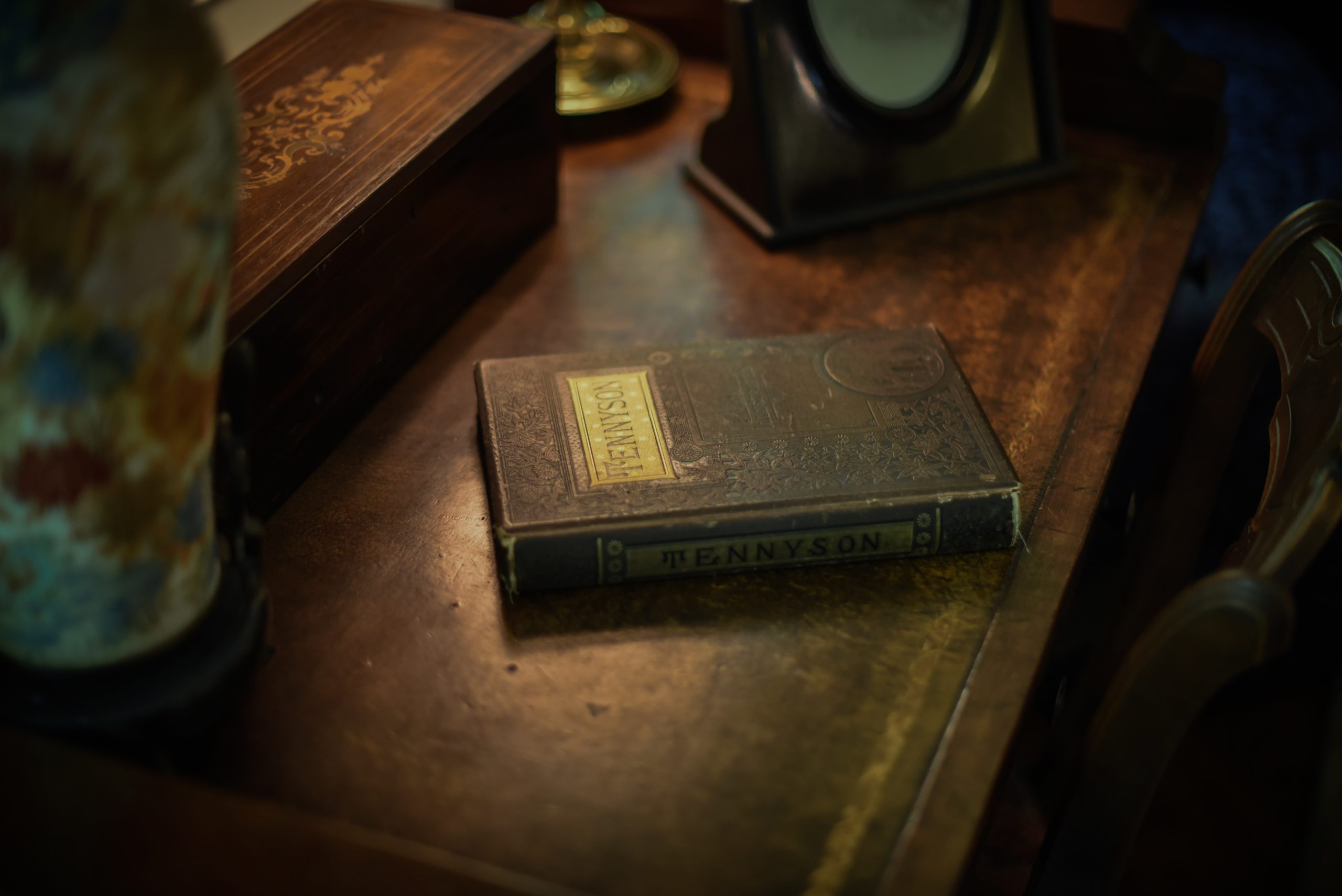
We are the hollow men
We are the stuffed men
Leaning together
Headpiece filled with straw. Alas!
Our dried voices, when
We whisper together
Are quiet and meaningless
As wind in dry grass
or rats’ feet over broken glass
In our dry cellar
-T.S. Eliot
My present pressures, as one preparing to enter pastoral life, are preparing for me a weight of ministry. In the past few months, I have become keenly aware of the struggles that ail pastors shepherding congregations through the rot of the soul in postmodern, post-Christian, post-community America. There is a temptation to imbibe on the practical. After all, love of God and neighbor in our context is elusive; whatever reliably encourages them is solid gold.
I feel, then, a sense of guilt wash over me any time I am reading fiction, watching a movie, or listening to (gasp!) secular music. It seems to be a wasted moment, which I might better purpose by spending time reading a systematic theology or listening to a lecture. With every book on pastoral ministry I read, so my reasoning goes, I am extinguishing the risk of pastoral inadequacy.
In other words, I feel in my bones the common temptation to professionalize ministry, as if tools for effective ministry cannot be found in Narnia, only seminary. Despite this temptation, I have become convinced that love of the arts is a needed component in American ministry. The science of a well-crafted sermon is easy to reproduce. One may learn to reliably preach quality sermons. There is, however, a certain sheen to the sermon of one who appreciates what is beautiful. To the parishioner whose soul rots in this America, such a sheen is a beacon of hope.
As a pastor enjoys the swelling orchestra or the crescendo of classic poetry, he is enjoying the good of God’s world. He is listening to the arrangement of God’s creation into sanguine lines of music and wordsmithing. He witnesses the image of God exercising dominion. He enjoys the fruits of God’s hand, just as God intended for the first man who walked the garden and ate its fruit.
I probably hurt my own cause by admitting it, but there is also intrinsic utility in the arts. The humanities are called such for a reason. They connect us to the larger story of human existence. As Steven Garber says, “Whether staged or celluloid, in print or on computer disks, [artists] are fingers to the wind. Why? Artists get there first.” One of the virtuous contributions of artists is their sensation and linguistic or visual reproduction of cultural trends and individual experience of those trends. They explain through eloquence (though more circuitously than the more pragmatic among us might like) the nature of life in our world. The pastor who wants to “exegete the culture” can scarcely do so without the help of the artist.
So pastor, read a poem. For just a minute, place your book on the coffee table. Dust off your novels from your American literature course in college. Explore the world of the writer, and reflect on the greatest Storyteller. Listen to a captivating melody, and meditate on the One who captivates rebellious hearts. Stare long into the canvas of colorful masterpieces, and praise the One who filled heaven and earth with beauty. In it all, see what is beautiful, and love the Beautiful.

